The Maharashtra government is taking proactive measures to address the health challenges posed by deteriorating air quality in 17 of the state's most polluted cities, including Mumbai. In response to worsening Air Quality Index (AQI) readings, the government has selected JJ Hospital to spearhead 'sentinel surveillance' for acute respiratory illnesses (ARI). This move aims to monitor and assess the impact of air pollution on public health, with a particular focus on respiratory and coronary cases.
The Urgency of Action: Recent weeks have witnessed a concerning decline in AQI levels across the state, raising alarms about the potential health risks for residents. Recognizing the critical need for intervention, the Maharashtra Health Department has initiated a comprehensive 'Health Action Plan.' This plan involves the establishment of a district-level task force to closely monitor air pollution-related illnesses and ensure timely and effective treatment.
Understanding Sentinel Surveillance: Sentinel surveillance is a strategic approach to monitor the occurrence of specific diseases or conditions by creating a voluntary network involving doctors, laboratories, and public health departments. In this case, the objective is to assess the stability or change in the health levels of the population, particularly in response to air quality variations. The chosen hospitals will play a pivotal role in recording and analyzing daily cases of acute respiratory illnesses, establishing a correlation with the daily AQI levels.
Implementation Details: The Health Department's order outlines a meticulous plan for implementing sentinel surveillance in the identified cities. Hospitals in each city will track and document cases of respiratory and coronary ailments, comparing them with the daily AQI levels. The selected hospital for each city will serve as the focal point for ARI surveillance. Notably, the state government is considering the addition of more hospitals to broaden the scope and effectiveness of the surveillance program.
Significance of Sentinel Surveillance: The initiative holds paramount significance in addressing the immediate health impact of air pollution. By systematically tracking respiratory and coronary cases, authorities can identify trends, make informed decisions, and implement targeted interventions. The real-time correlation with AQI levels provides valuable insights into the direct relationship between air quality and public health, allowing for more precise and effective public health measures.
Future Considerations: As the Health Department takes the initial steps in implementing sentinel surveillance, the broader plan includes potential expansion to involve more hospitals. This scalability will enhance the geographical coverage and depth of data collected, offering a comprehensive understanding of the health challenges posed by air pollution across Maharashtra.
Maharashtra's proactive approach to implement sentinel surveillance for acute respiratory illnesses reflects a commitment to safeguarding public health amid rising concerns about air quality. By leveraging this monitoring strategy, the state aims to not only assess the immediate health impact but also formulate evidence-based interventions. As the program unfolds, it holds the potential to serve as a model for other regions grappling with the complex interplay between environmental factors and public health
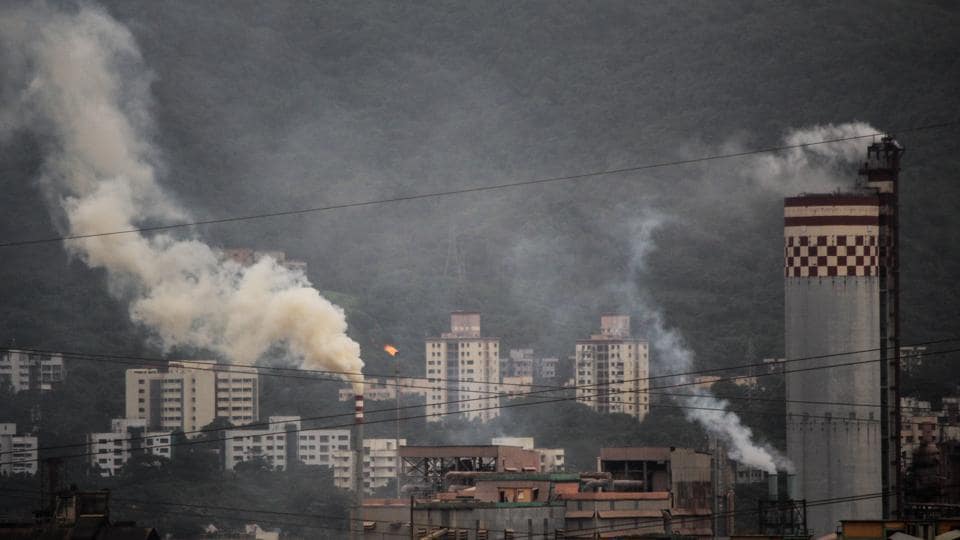
 The initiative holds paramount significance in addressing the immediate health impact of air pollution. By systematically tracking respiratory and coronary cases, authorities can identify trends, make informed decisions, and implement targeted interventions.
The initiative holds paramount significance in addressing the immediate health impact of air pollution. By systematically tracking respiratory and coronary cases, authorities can identify trends, make informed decisions, and implement targeted interventions.










.jpeg)


.jpg)



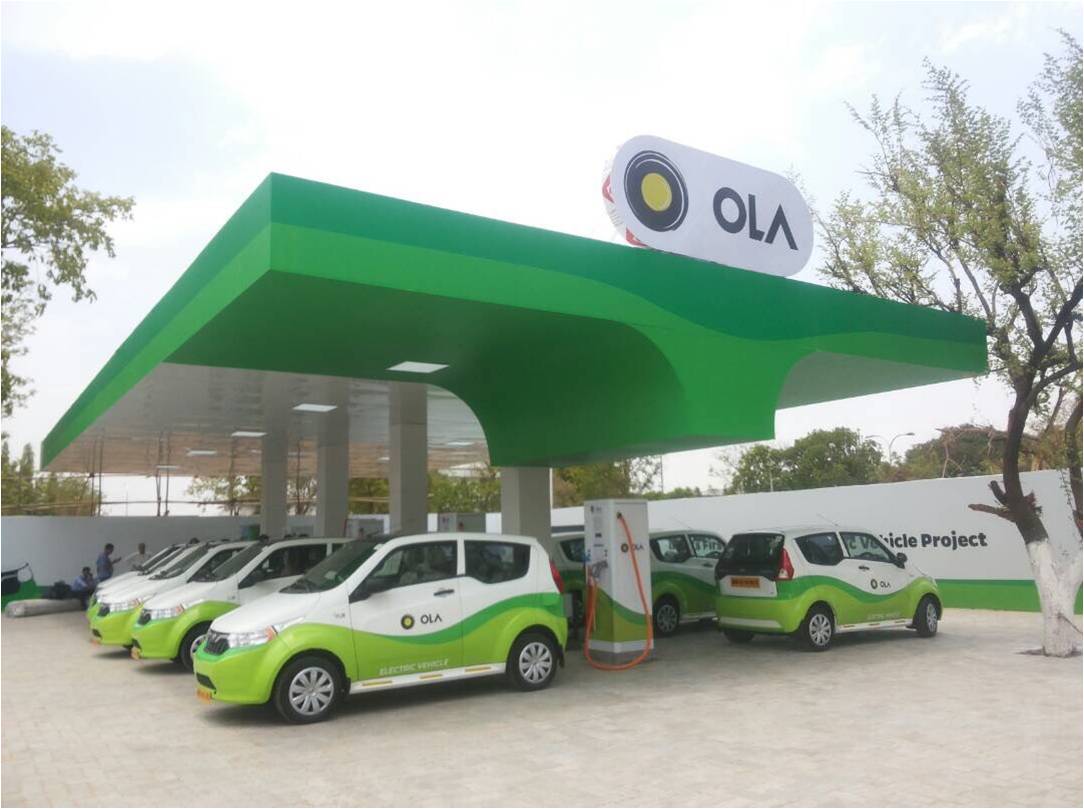

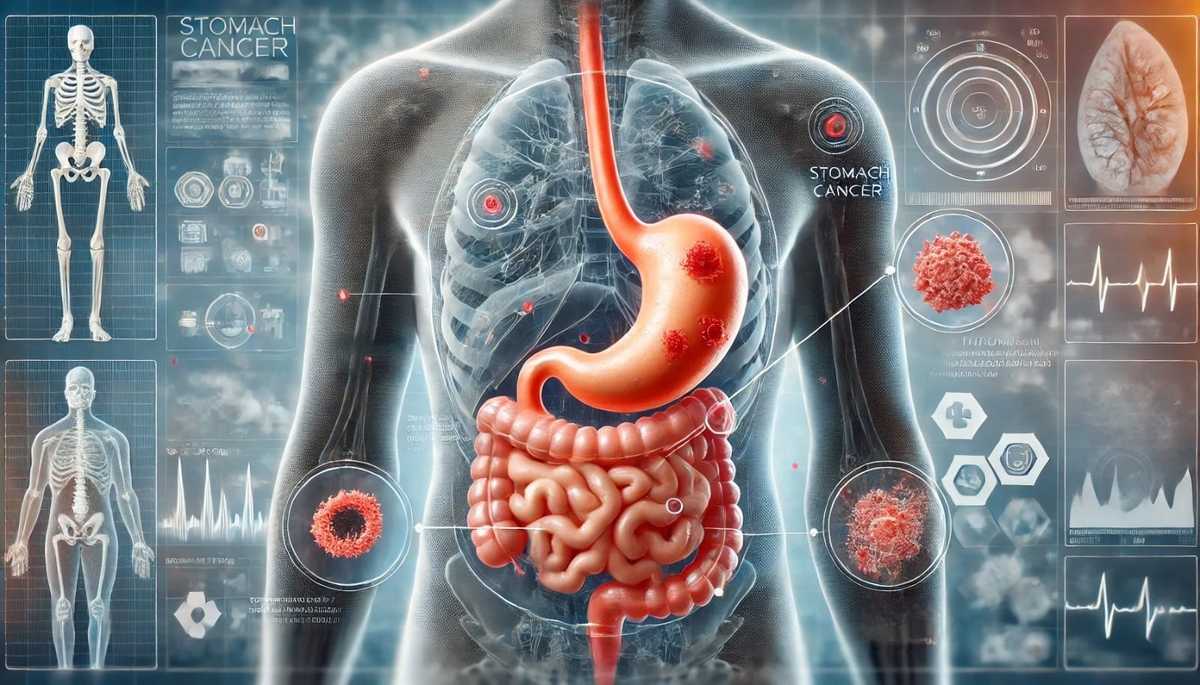
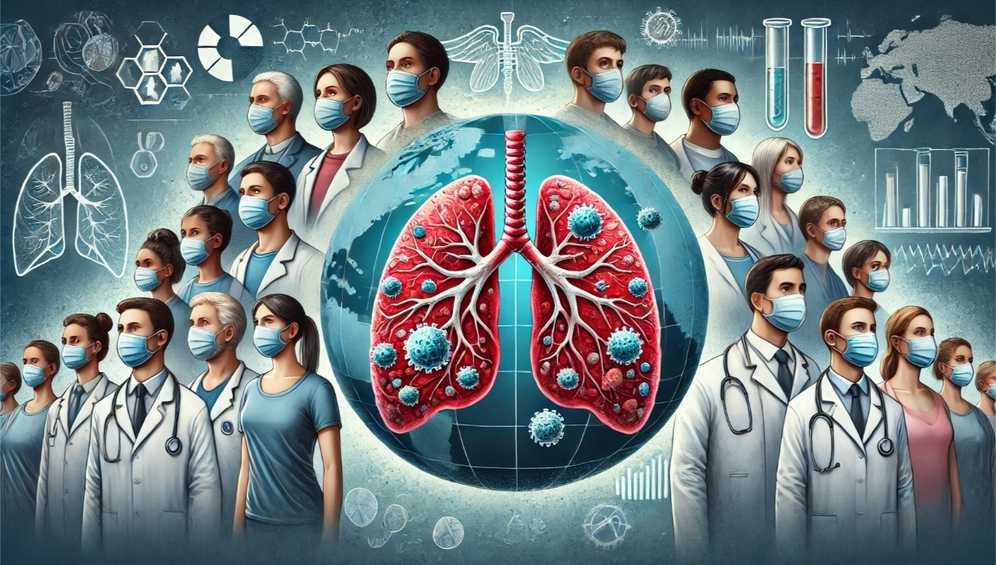



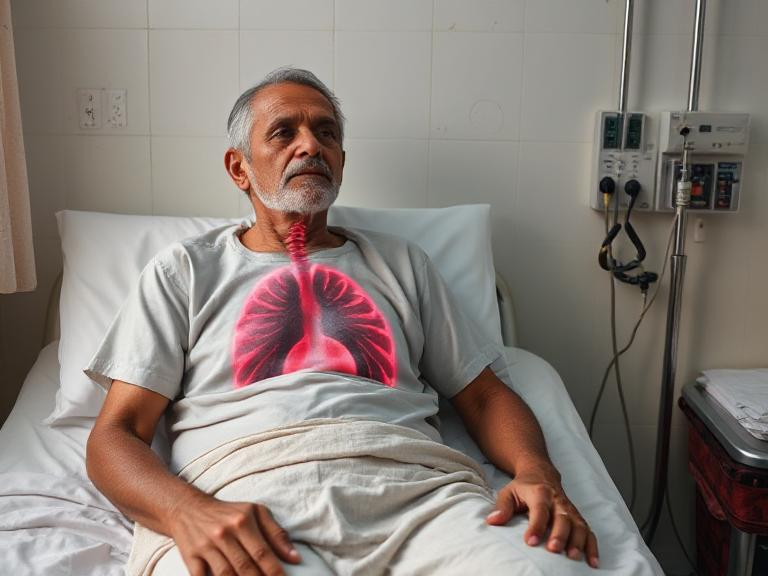




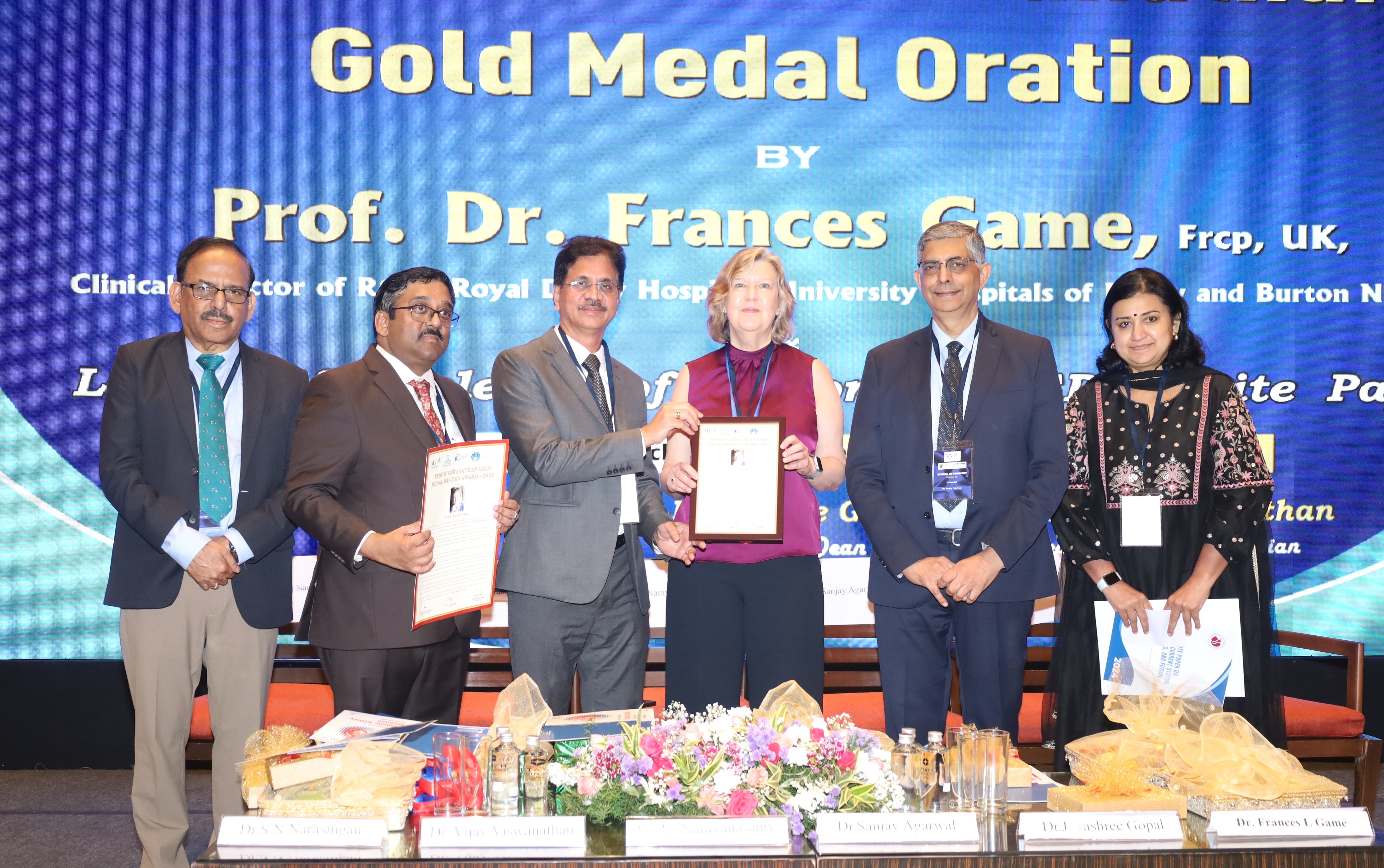

.jpg)